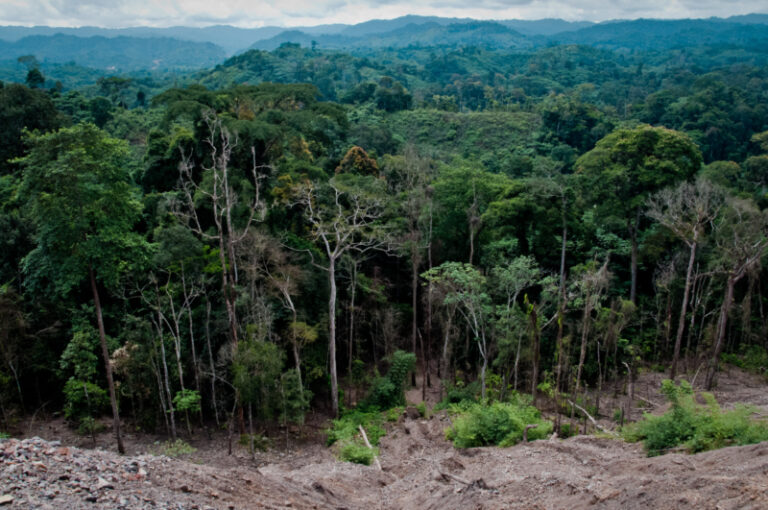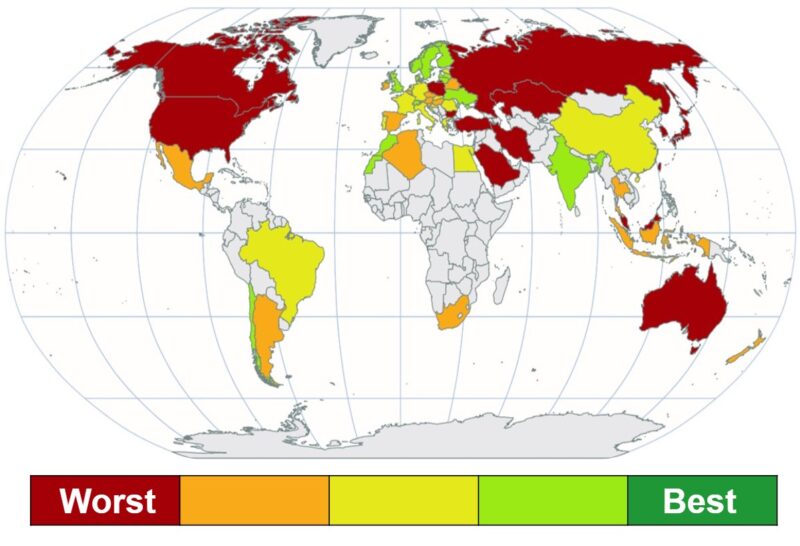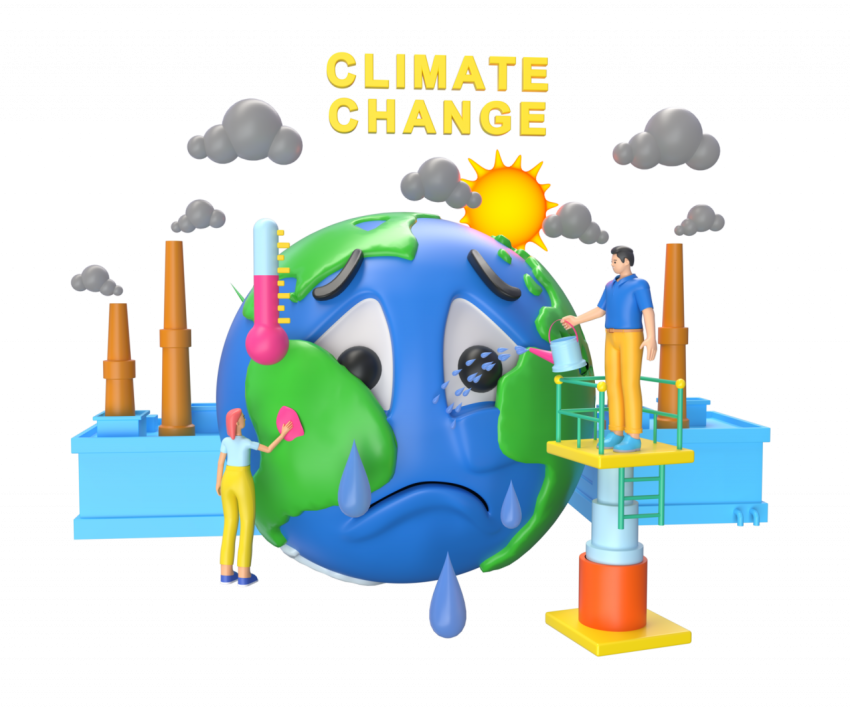COP28 Dubai Climate Change Summit
Current situation
We are already feeling the weather repercussions: displacement and deaths caused by increasingly frequent extreme weather events, increased food insecurity, soil depletion, lack of access to fresh water or increased spread of zoonotic diseases (such as COVID-19), just to name a few. These repercussions affect all people, but, especially and disproportionately, the most impoverished and marginalized.
And, as the United Nations Sustainable Development Goals indicate, we can only achieve a just, prosperous and environmentally friendly future if we find comprehensive solutions to the humanitarian and environmental challenges we face. By recognizing the links between interrelated crises, we will have a better chance of achieving their remedy.

Absent world leaders
The leaders of the two most polluting nations (responsible for more than 44% of global emissions) are not there to receive the message in person. Xi and Biden did not participate in this COP, just weeks after announcing a bilateral agreement to help reduce methane emissions. In their place, their deputies, US Vice President Kamala Harris and China’s First Vice Premier Ding Xuexiang, attended.
Controversy with the United Arab Emirates
The United Arab Emirates is one of the world’s 10 largest oil-producing states and opposes the rapid phase-out of fossil fuels. The fossil fuel sector generates enormous wealth for relatively few business actors and states, which have a vested interest in blocking a just transition to renewable energy, and in silencing those who oppose them.
Emirati citizens and people of any nationality must be able to freely criticize states, companies and policies, including those of the United Arab Emirates, in order to help shape policy without intimidation. However, it is almost impossible due to the United Arab Emirates’ restrictive position on human rights and the strong limitations that the country imposes on the rights to freedom of expression and peaceful assembly.

Insufficient climate change fund for damage in vulnerable countries
The European Union, the United Kingdom, the United States and other countries announced immediate contributions totaling around US$400 million for the least resourced countries suffering the impacts of climate change.
But billions of dollars are needed to make a substantial difference to communities that desperately need help to rebuild their homes after the storms, or to support farmers who lose their crops, or people permanently displaced by the storms. the climate crisis
Challenges for the stage

We must urgently step up mitigation measures to prevent a dangerous rise in global temperatures of more than 1.5°C and to help people adapt to the climate change they are already experiencing.
Restore nature and the environmental services it provides us, both the “tangible” supply of clean air, fresh water, food, fuel and fiber, and the countless intangible ways in which nature contributes to our well-being.
Apply an approach that includes the whole of society and that empowers each person to act, that recognizes the plurality of values and knowledge that can guide us towards a more sustainable future and that guarantees that the costs and benefits of our actions are fair for society.
Costa Rica as a global example
Costa Rica is a global example of countries that have recognized the right to a healthy environment, which has allowed the protection of threatened species and endangered ecosystems.
And today, it is estimated that 6% of the planet’s biodiversity is found in national territory, while in 2014 scientists estimated that it was barely 4.7%.

